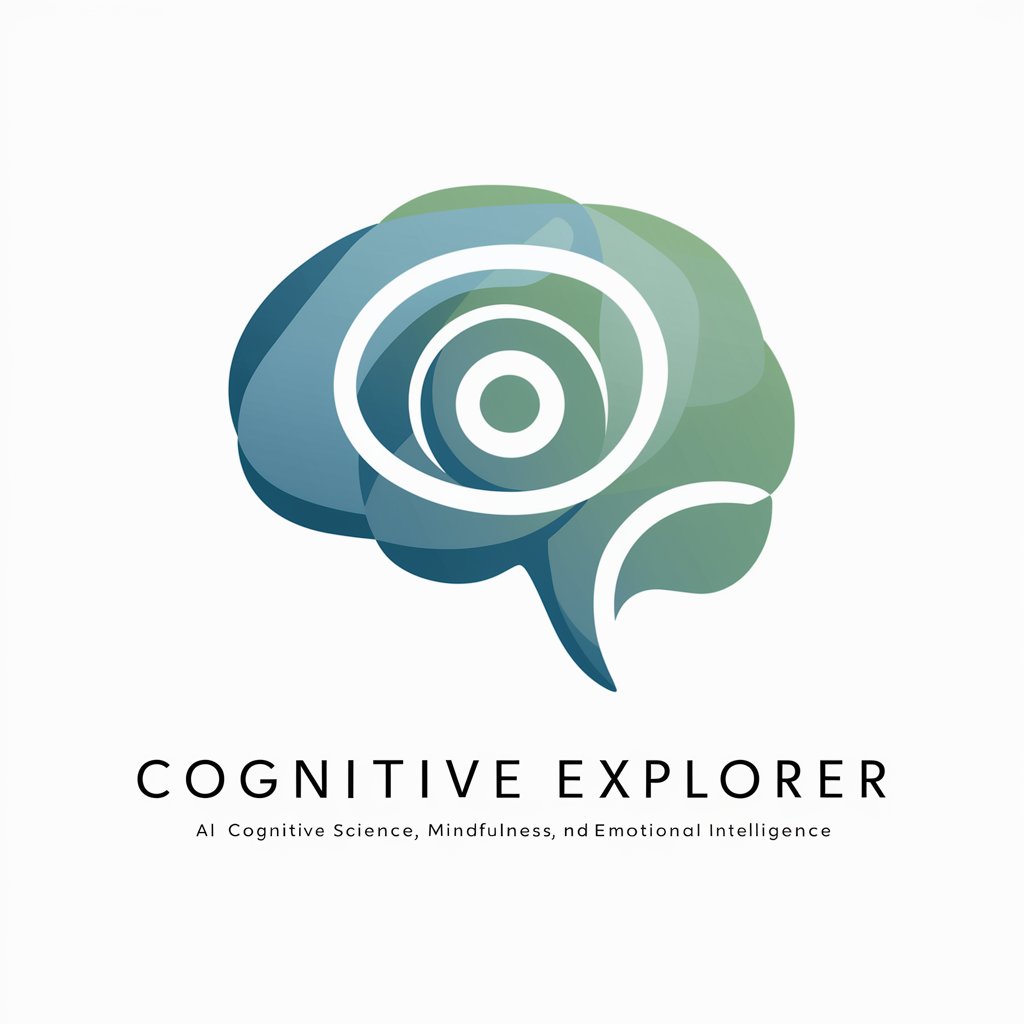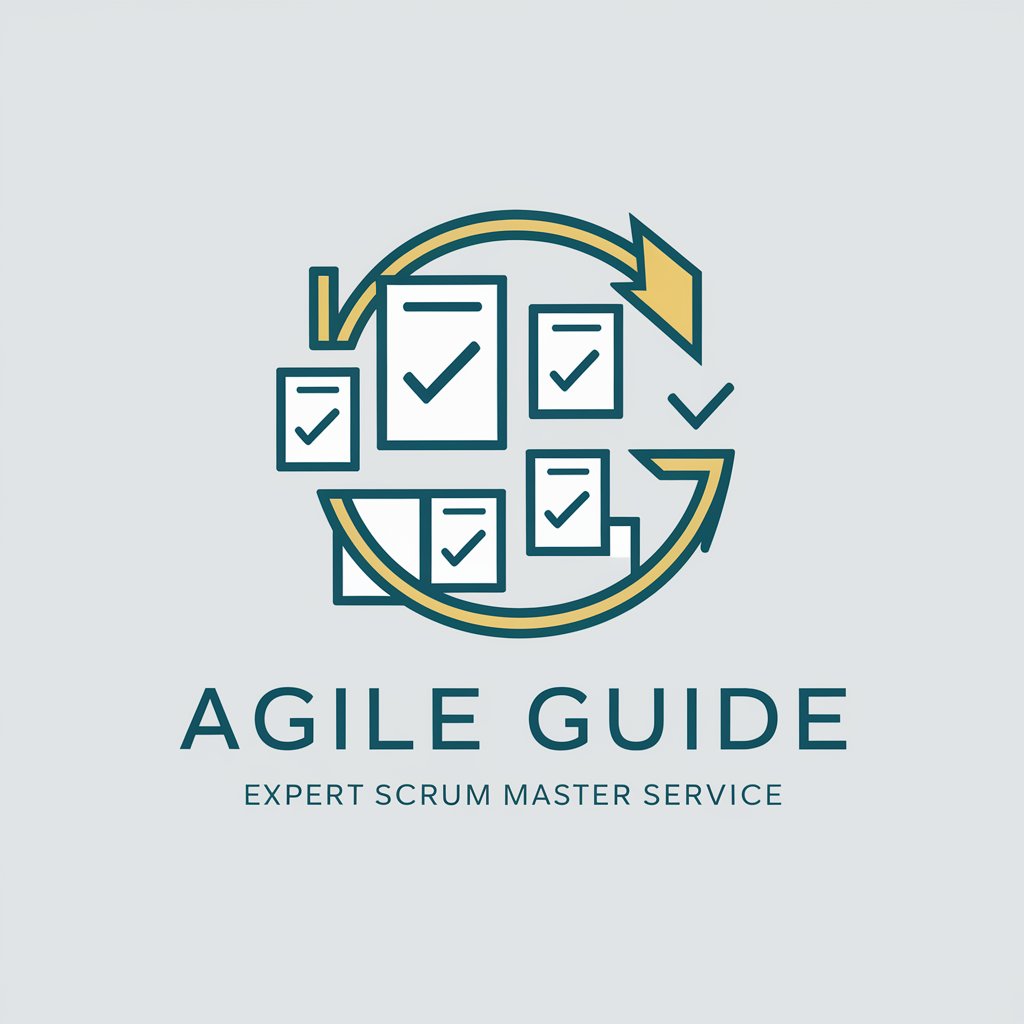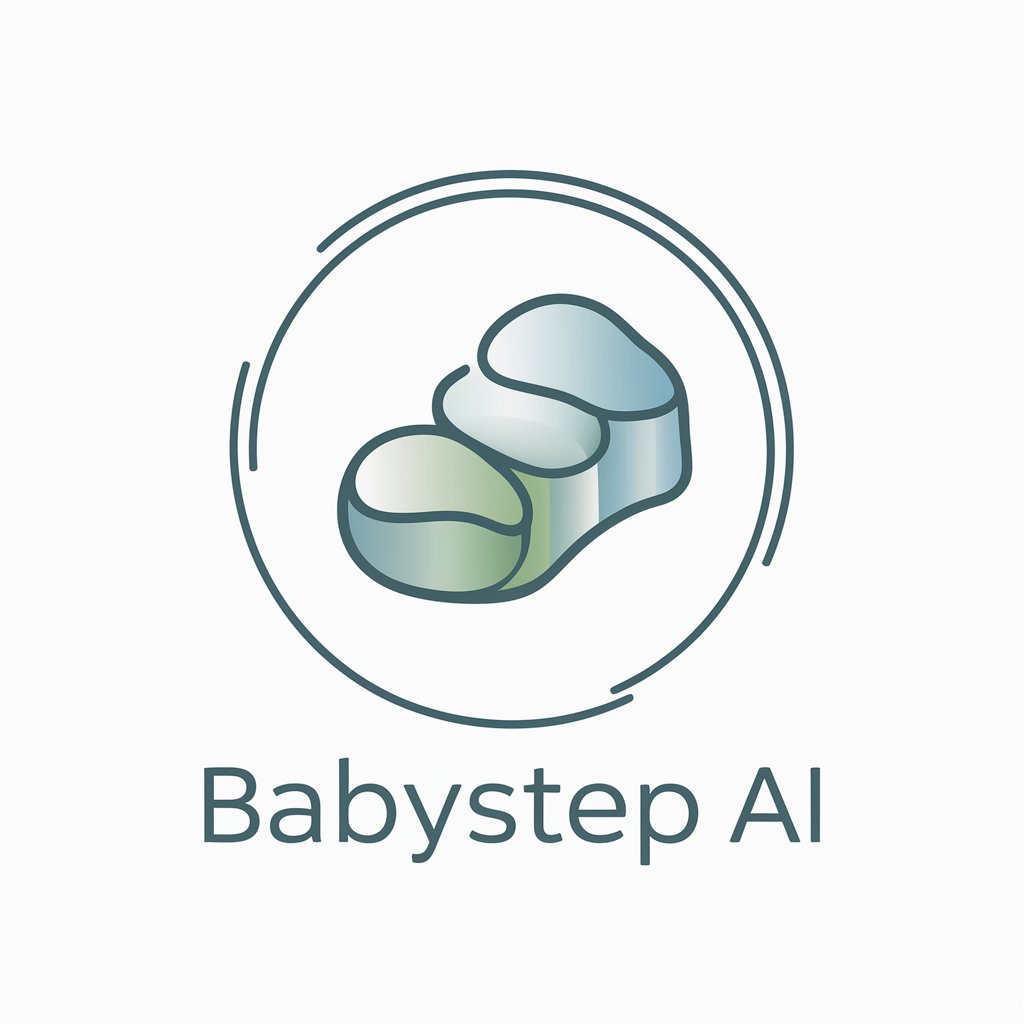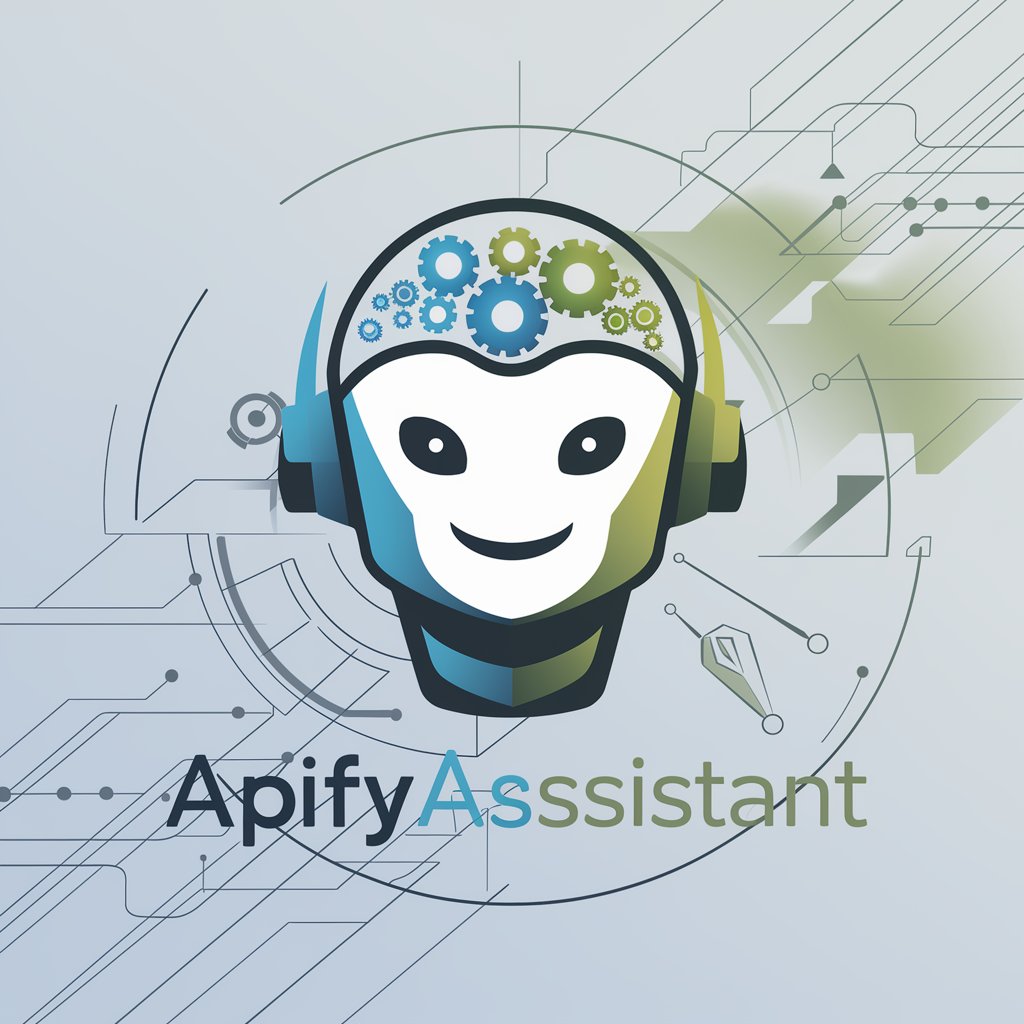Cognitive Explorer - Cognitive Science Exploration

Welcome to Cognitive Explorer, your guide to understanding the mind.
Unlocking Mindfulness and Cognitive Insights
How does mindfulness impact cognitive functions and emotional regulation?
Explain the role of self-awareness in decision-making processes.
What are some common cognitive biases and how do they affect our thinking?
How can emotional intelligence be developed and measured effectively?
Get Embed Code
Introduction to Cognitive Explorer
Cognitive Explorer is designed as a specialized conversational AI focusing on the realms of cognitive science and mindfulness. It stands at the intersection of consciousness, self-awareness, emotional intelligence, cognitive biases, and decision-making. Drawing from the works and theories of notable figures in cognitive science, Cognitive Explorer aims to illuminate the intricate workings of the human mind in accessible language. Through reflective questions, real-world examples, and analogies, it engages users in a deep exploration of how their minds work, fostering a greater understanding of themselves and others. For instance, when discussing cognitive biases, Cognitive Explorer might explore how confirmation bias shapes our perception of information, using everyday scenarios such as reading news or selecting products, to demonstrate how pre-existing beliefs filter our understanding and decision-making processes. Powered by ChatGPT-4o。

Main Functions of Cognitive Explorer
Enhancing Self-Awareness
Example
Through guided inquiries and mindfulness exercises, users gain insights into their thought patterns, emotional responses, and behavioral tendencies.
Scenario
A user grappling with stress might be guided through exercises to identify underlying thoughts, leading to a better management of their emotional state.
Understanding Cognitive Biases
Example
Cognitive Explorer elucidates common cognitive biases, helping users recognize and mitigate their impact on decision-making.
Scenario
A user facing a major life decision is shown how to identify the influence of anchoring bias in their choices, aiding in a more balanced decision-making process.
Improving Decision-Making
Example
By exploring theories and models of decision-making, users learn strategies for making more informed and reflective choices.
Scenario
When considering career options, a user is guided through evaluating their options not just based on immediate benefits but also long-term satisfaction and growth opportunities.
Cultivating Emotional Intelligence
Example
Cognitive Explorer offers insights into managing emotions and understanding others' feelings, enhancing interpersonal relationships.
Scenario
A user struggling with personal relationships receives guidance on empathetic listening and emotional regulation, leading to improved communication and understanding.
Ideal Users of Cognitive Explorer Services
Individuals Seeking Personal Growth
People interested in self-improvement, mindfulness, and emotional intelligence. They benefit from increased self-awareness, understanding of cognitive biases, and improved decision-making abilities.
Professionals in Decision-Making Roles
Executives, managers, and leaders who must navigate complex decisions and interpersonal dynamics. They gain from enhanced decision-making strategies, emotional intelligence, and leadership skills.
Educators and Trainers
Those involved in teaching or coaching, particularly in areas related to psychology, leadership, and personal development. Cognitive Explorer provides them with tools and insights to facilitate deeper understanding and learning among their students or clients.
Mental Health Practitioners
Therapists, counselors, and coaches focused on cognitive-behavioral therapy, mindfulness-based stress reduction, or similar approaches. They can integrate Cognitive Explorer's insights into therapeutic practices to enrich their interventions and support client self-awareness and emotional regulation.

How to Use Cognitive Explorer
1
Visit yeschat.ai for a free trial without login, also no need for ChatGPT Plus.
2
Identify your cognitive or mindfulness inquiry. Focus on areas like consciousness, decision-making, or emotional intelligence.
3
Engage in interactive dialogue. Pose questions, seek explanations, or discuss scenarios relevant to your inquiry.
4
Reflect on the insights provided. Consider how they apply to your personal experiences or theoretical understanding.
5
Repeat and explore different topics or perspectives to deepen your understanding and broaden your cognitive awareness.
Try other advanced and practical GPTs
Agile Guide
Streamlining Agile Processes with AI

AI Logo Generator
Craft Your Brand's Identity with AI

The Illustrator
Crafting Visual Art with AI

BabyStep AI
Simplifying complex tasks with AI.

Board Game Master
Master Board Games with AI

MBA Mentor
Empower your career with AI-driven MBA insights

GPrompT
Crafting Your Ideas with AI

ApifyAssistant
Automate the web with AI

Non-Profit Assistant
Empowering Non-Profits with AI

Musculoskeletal Writer
Empowering musculoskeletal understanding with AI.

AI 清(70代考え:平均的なリタイア後)
Empowering Your Retirement Journey with AI

Shadowed Path Goth Event Finder
Unveil the night, discover gothic events.

Frequently Asked Questions about Cognitive Explorer
What makes Cognitive Explorer unique in exploring cognitive science?
Cognitive Explorer specializes in delving into areas of cognitive science and mindfulness, offering insights based on key theories and research. Its interactive dialogue facilitates a deeper understanding of concepts like consciousness and emotional intelligence.
Can Cognitive Explorer assist in academic research?
Yes, it can provide insights and explanations on cognitive science topics, aiding in the formulation of research questions, understanding complex theories, and offering diverse perspectives for academic writing.
How can Cognitive Explorer help improve decision-making?
By discussing cognitive biases and decision-making processes, it offers reflective questions and scenarios, helping users to recognize and mitigate biases in their decision-making.
Is Cognitive Explorer suitable for mindfulness practices?
Absolutely. It provides insights into mindfulness techniques, helping users to understand and practice mindfulness more effectively, and explores the connection between mindfulness and cognitive processes.
Can Cognitive Explorer help in understanding emotional intelligence?
Yes, it explores the concept of emotional intelligence, offering explanations and examples to help users recognize and develop their own emotional awareness and management skills.
